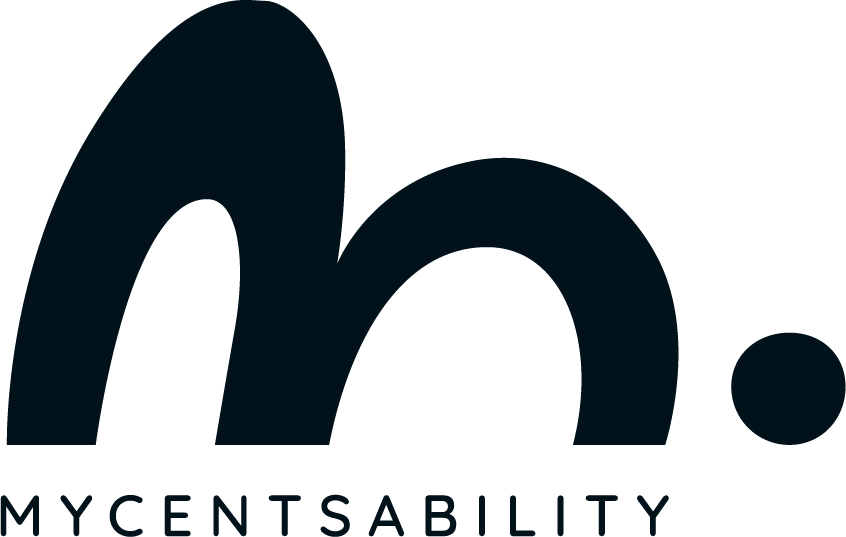Protecting Your Private Information: The Role of a Financial Advisor
When you work with a professional and financial advisor, they will typically ask for a lot of personal and financial information. Much of this information will be required to meet their legal responsibilities or responsibilities laid out by their licenses, designations or memberships. This part of the process is known for advisors as Know Your Client (KYC). It’s a practice aimed at safeguarding our financial system and also for helping an advisor tailor their recommendations to your specific circumstances.
Feeling apprehensive about sharing personal details with someone you've just met is perfectly natural. Many share this concern, leading to the question: What happens to your information once it's with your financial advisor? This is where privacy laws come into play, specifically the Personal Information Protection and Electronic Documents Act (PIPEDA) and the provincial laws that exist in British Columbia, Alberta and Quebec.
PIPEDA and the provincial laws set strict guidelines for as to how your personal information is managed and secured. This applies to financial advisors and their collection, use, storage, retention and disposal of your information. As part of the initial process with your advisor, you'll be asked to sign a document outlining how your information will be handled and who will have access to it. If there is a need in the future to use your information in a different way, your explicit, written consent will be required.
Your advisor must only retain your private information for as long as necessary, and they have specific protocols they must follow for how it is stored. This could mean some pieces of information are kept longer than others, but all must be either shredded or permanently deleted once they are no longer needed.
Your financial advisor places a high priority on the protection of your private information. Expect to be informed about the methods they use to collect, use, and dispose of your data—especially during the early stages of your relationship. This proactive approach ensures that the trust you place in your financial advisor is well-founded, with your privacy and security as the top priority.

